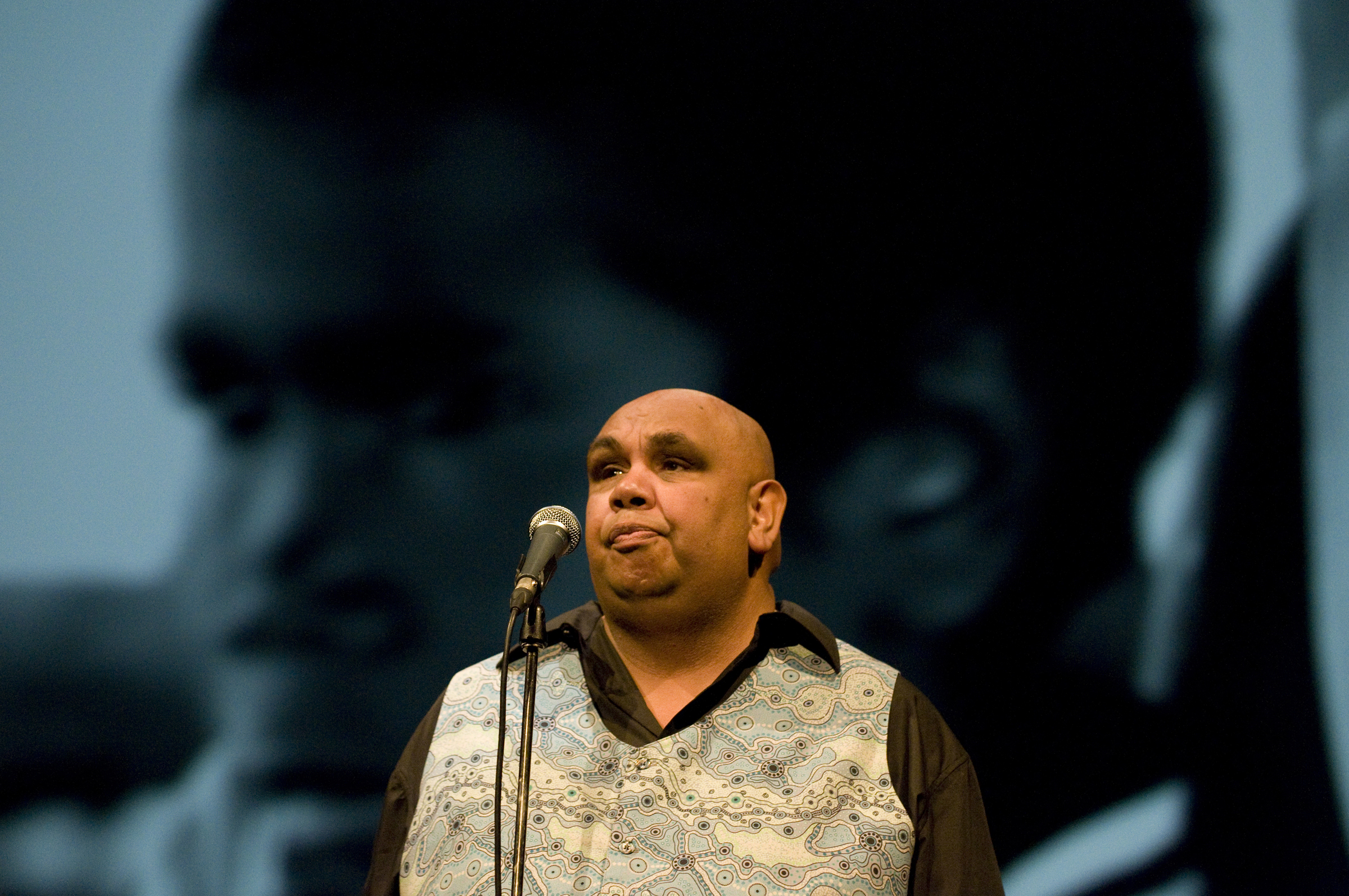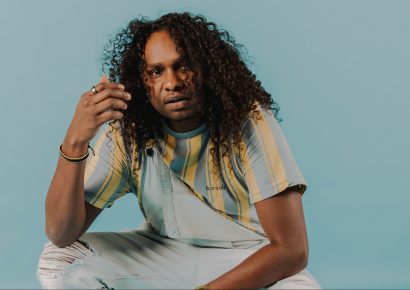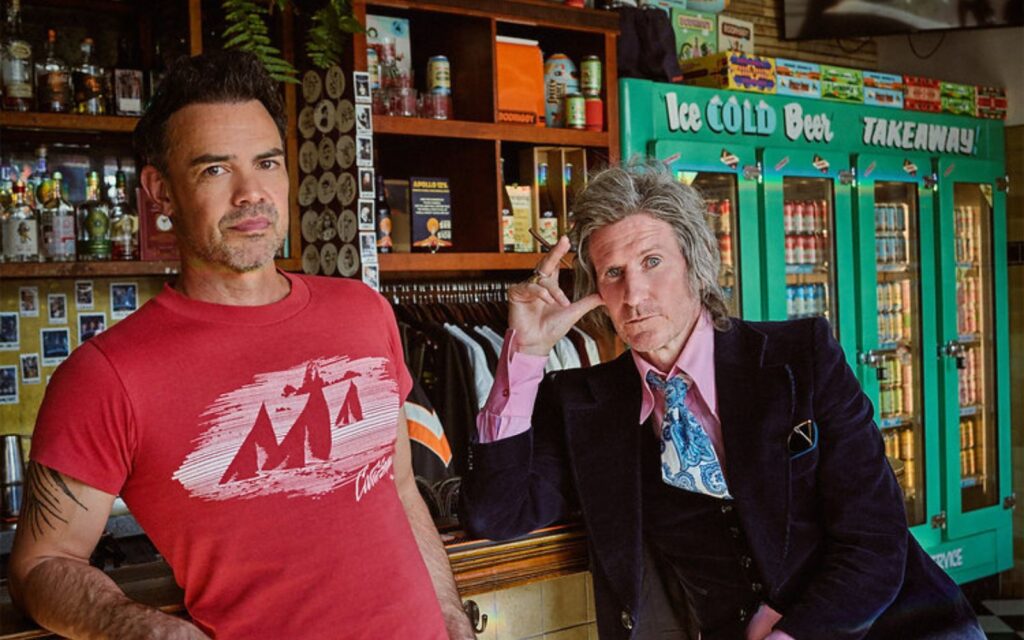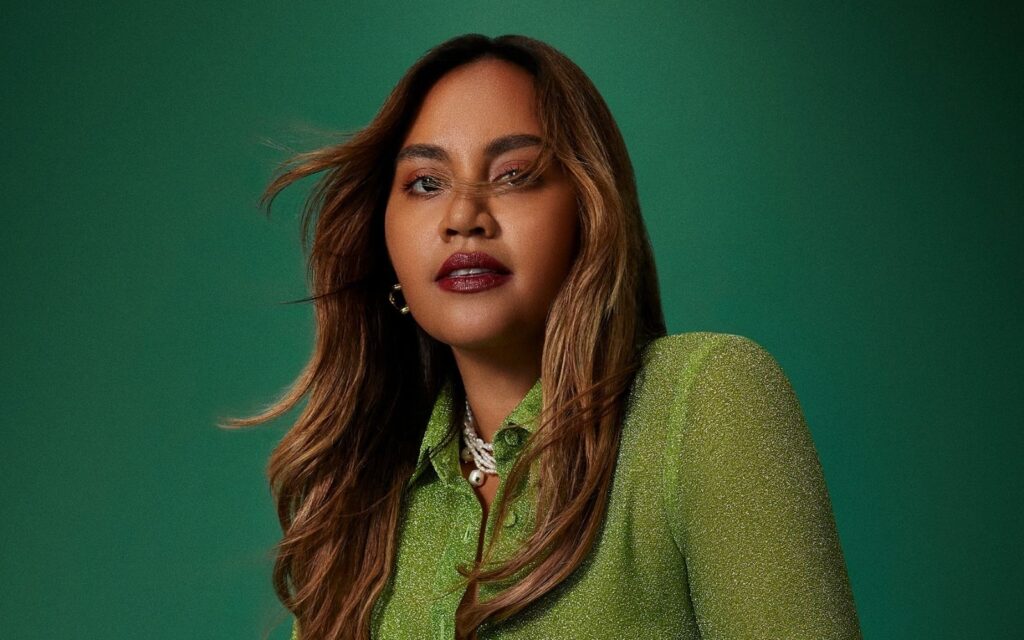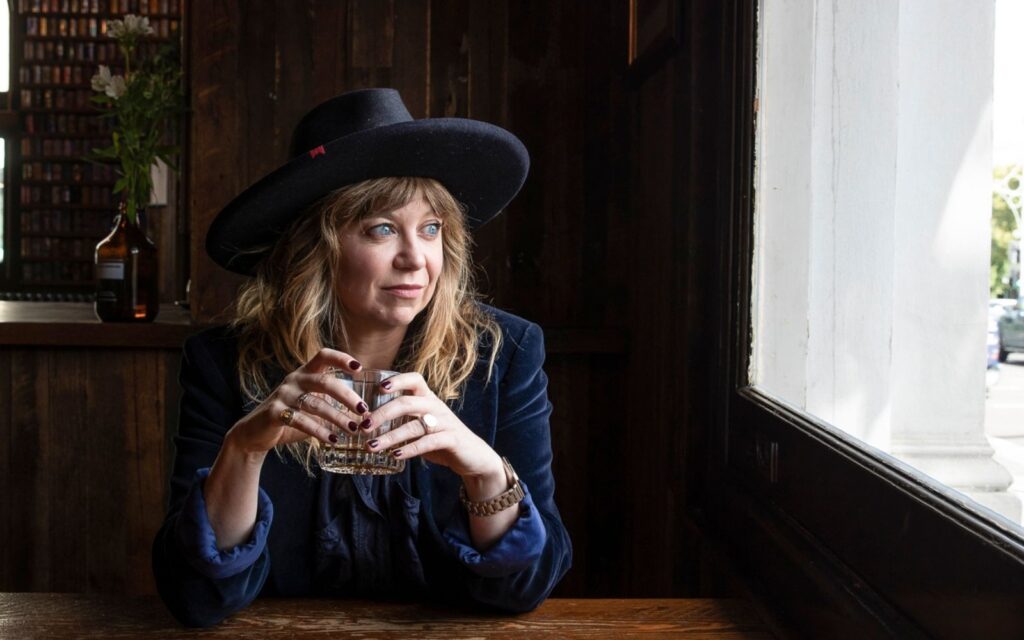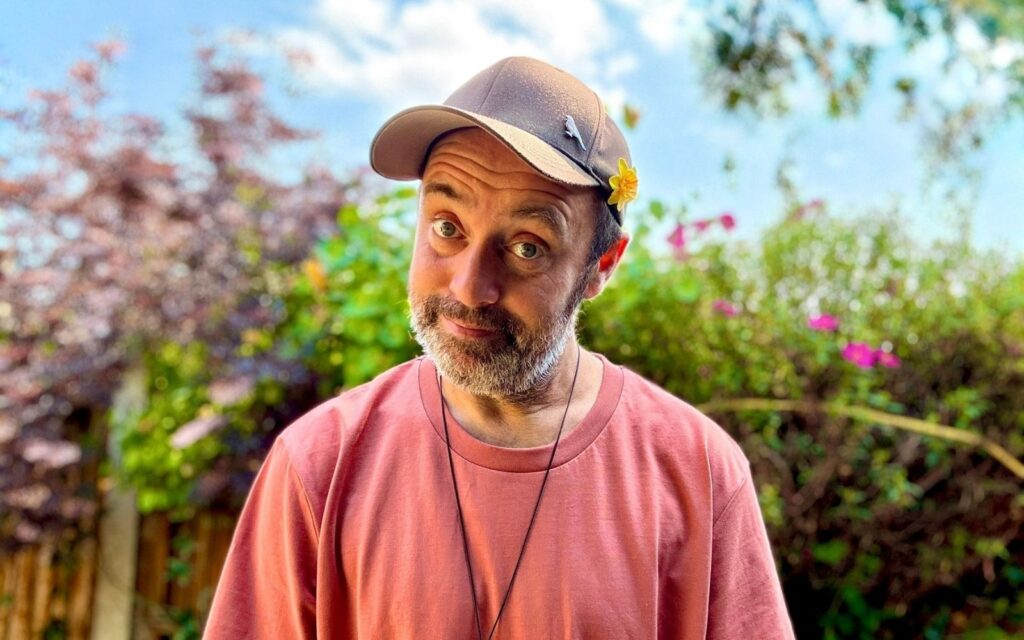The Melbourne Prize for Music is part of the Melbourne Prize Trust, which runs in three-year cycles, and 2019’s rendition will see winnings valued at more than $100,000.
Operating in cycles, the trust seeks to reward excellence in Urban Sculpture, Literature, and Music. Carving opportunities for the arts in Victoria, the Melbourne Prize Trust has been an established and key platform for recognising artists and inspiring creative development since its inception in 2004.
With a widening of this year’s guidelines and an emphasis on inclusivity, Melbourne Prize Trust Executive Director and Founder Simon Warrender urges musicians from all backgrounds and specialisations to apply.
“This year’s prize for music is a little bit different. In the past, [for] the main award one of the key criteria has been outstanding contribution to music. The past recipients have been musicians that are maybe slightly further advanced in their careers.”
“This year, however, we’ve opened the prize up. We’re looking for Victoria’s most outstanding musician, out of any genre, that demonstrates exceptional talent, skill, creativity, and musicianship.”
“So, in essence, even though a musician might not have made as much of an appearance to the music scene in Melbourne just yet, this year that participant, with that X-factor, just might be a stronger contender than in past years.”
With a diverse panel of music sector professionals, the 2019 judges consists of past winners Kutcha Edwards and Professor Paul Grabowsky AO, composer Professor Liza Lim, Melissa King of the Melbourne Symphony Orchestra, co-founder of Bakehouse Studios and SLAM Helen Marcou, and singer-songwriter Kate Miller-Heidke.
“We’re lucky enough to attract individuals that have a lot of experience in music, and we’ve started to bring on board past finalists which brings a large flavour and that extra experience in the competition. We are huge on diversity and bringing different voices to the table to try and represent as many voices as we can.”
“With that being said, there will still be entry guidelines and information that participants will find helpful and essential to the competition, so accessing that will be key to standing out as well.”
Other than the main prize, the other four smaller prizes, such as the Development Award, are primarily set aside for emerging musicians. The Beleura Award will also have a focus on emerging composers to commission work in their career. There’s also the Civic Choice Award, which will be down to public voting that commences in September.
“We are very lax on the conventional genres that you’d expect this year, which means we welcome any and all genres and niches that participants might have. Our thinking this year was to broaden the prize to make it as accessible to as many Victorian musicians as possible, and we certainly want to cater to every background.”
Because the Trust runs on a three-year cycle for each genre of art, Warrender is excited at the prospect of what will have been produced in each period. Having named the prize after the city, the foundation is dedicated to Victoria and its artists, and he’s emphasized the significance of the industry coming together to make this possible for the past 15 years.
“The prize is run on community investments, both private and public sectors, and our donors and contributors are key to the awards. The music sector and arts sectors themselves have been very welcoming and receptive to this, and it is primarily for the artists that we want to make this happen.”
The Trust consists of partnerships and support from the likes of the Creative Victoria, The Vera Moore Foundation, the City of Melbourne and many other patrons and partners.
“Don’t have any qualms or barriers to having a go and putting yourself in the ring. We’ve doubled the number of registrants, opened up the categories and rules, and welcome anyone to participate in 2019.”
